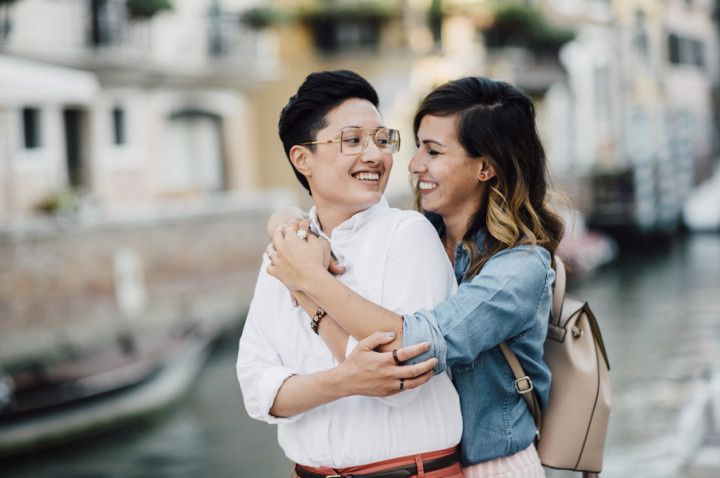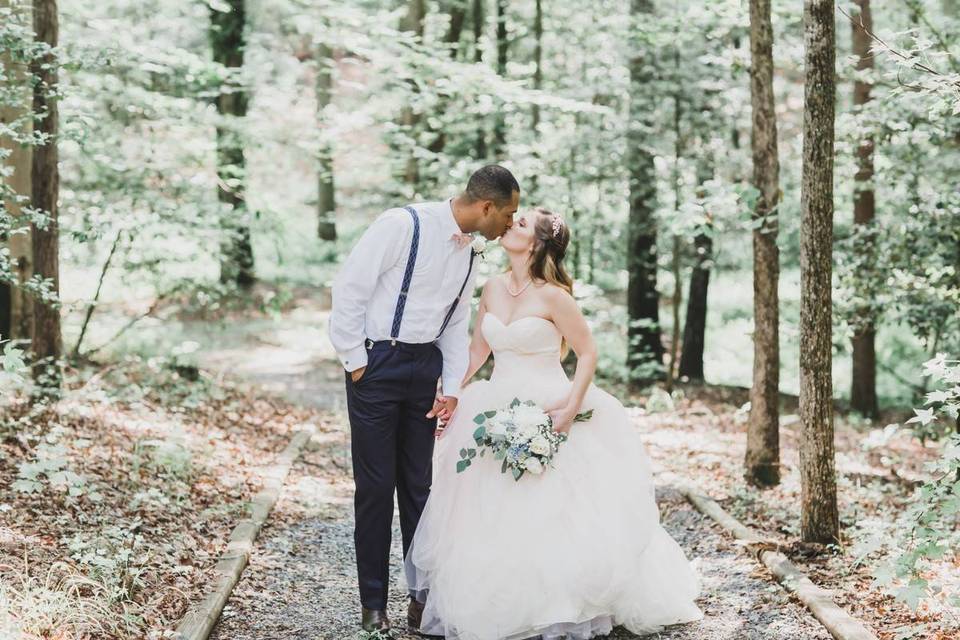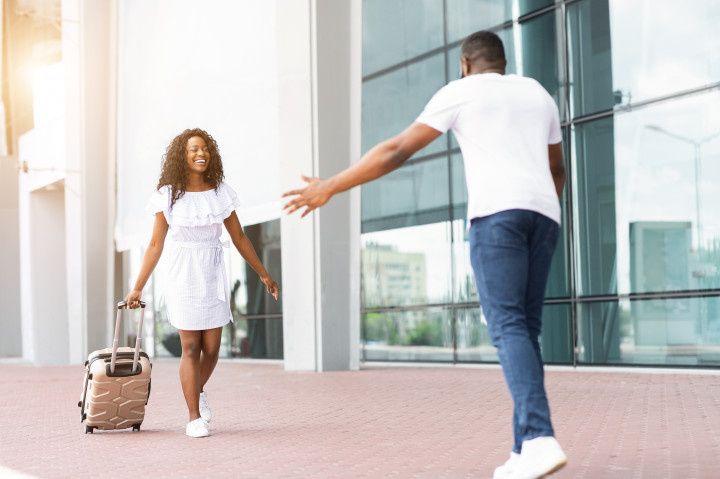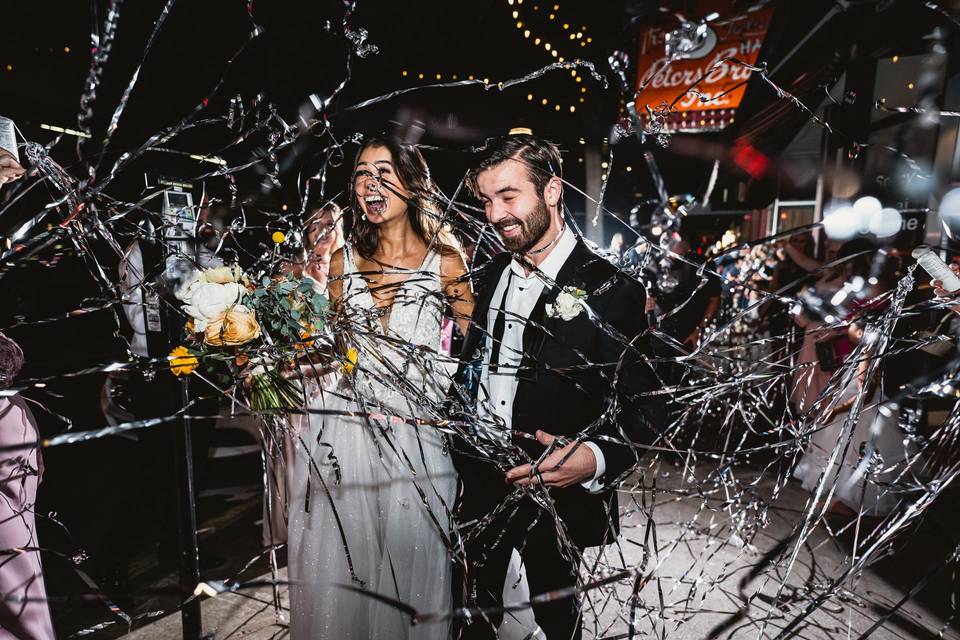How Long Does the Honeymoon Phase Last? Here's the Answer.
There's nothing more exciting than the buzz of a new romance. But how long does this honeymoon phase actually last? Experts tell all.
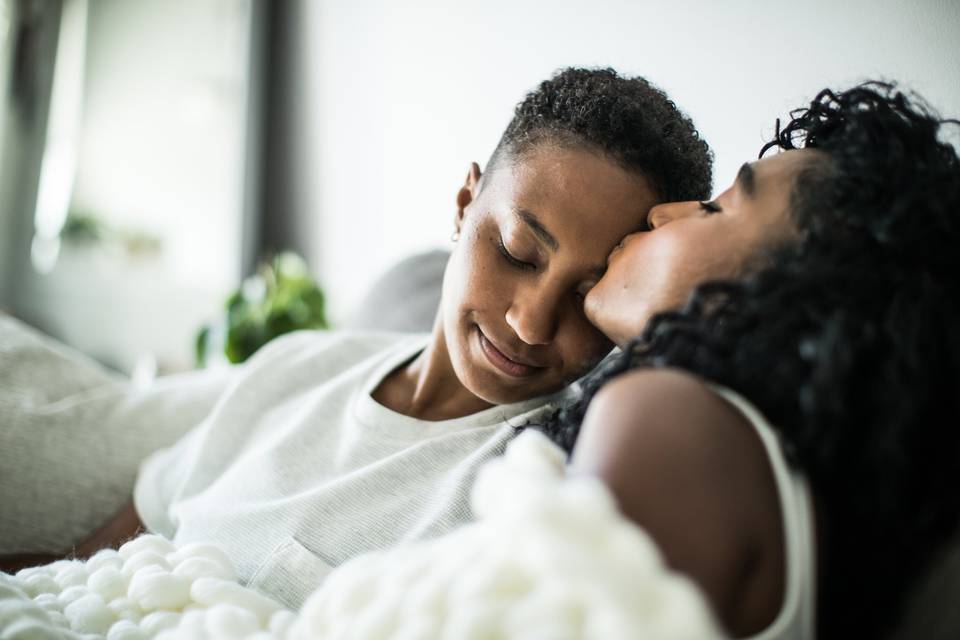

If you’re in a new relationship with your significant other, you may have been told that you’re in the “honeymoon phase,” a term that’s used to signify the first stage of a romance. If you’ve ever felt so giddy and excited just to be in the physical presence of your romantic partner to the point where you can hardly think about anything else, chances are you are still in the honeymoon phase. It's that magical, falling-in-love infatuation that marks the early stages of a relationship.
As you’ve probably already realized, the honeymoon phase is a good one to be in. You probably feel happy most, if not all, of the time, and relish nearly every single thing your new partner does, whether it’s for you or not. “In the honeymoon phase, your significant other can do no wrong, your heart sings, you can't get enough of one another and want to spend every moment together,” explains Amanda Stemen, licensed clinical social worker with private therapy and coaching practice in Los Angeles, California. “There's so much happiness and connection, and everything is so easy and carefree.”
So, how long does the honeymoon phase last?
Considering all of the positives that come along with it, you might be wondering just how long the honeymoon phase lasts. One May 2015 study published in Prevention Science, estimated that the honeymoon phase lasts for about 30 months, or about two-and-a-half years. “During this time people experience elevated nerve growth factor (NFG) and cortisol levels, which may increase the sensations of happiness and connection, but these decrease over time,” explains Stemen.
As it turns out, it’s actually a good thing that the honeymoon phase is not a forever kind of thing, as Stemen points out that it can be both arousing and stressful. “Our bodies seek equilibrium—stress states are only meant to be temporary to serve their purpose and then the stress hormones are meant to lessen,” she says. “I often reassure my clients that the honeymoon phase should end or else we may never get anything else done in our lives!”
How long will the honeymoon phase of your relationship last and what affects it?
Every couple is different, as is the length of their honeymoon phase—it can last anywhere from a few months to several years. Here are some of the key factors that will help determine how long your honeymoon phase will last and when your honeymoon phase ends.
Whether or not you’re physically distant: Couples who date long distance often experience longer honeymoon phases due to the limited amount of time they have to spend together, according to Stemen. What’s more: “When they do get to spend time together, it's often spent doing exciting, date-like activities rather than more rote, day-to-day activities,” she adds. “Couples who are able to see one another frequently may more quickly fall into a rote, day-to-day routine.”
The amount of your individual and collective responsibilities
According to Stemen, couples who have less responsibilities should have a lengthier honeymoon phase given that they can spend more time doing fun things. “Couples who are caring for children, elderly or dependent relatives, and/or have demanding jobs may experience a shorter honeymoon period because there isn't as much time for the magic and romance,” she adds.
Going through a difficult life event together
“We often learn the most about another person when we have the opportunity to experience a stressful event with them, as we see how they handle trials and tribulations,” explains Laura F. Dabney, M.D., relationship psychiatrist in Virginia Beach, Virginia.“Life consists of endless ups and downs, and an event of this magnitude may quickly bring reality crashing down on both people involved, abruptly bringing their honeymoon phase to an end.”
Coping with mental health issues
If you or your new love suffers from mental illness, whether it’s depression, anxiety, addiction or another diagnosis, you may experience a shorter honeymoon phase, notes Stemen. “This is often due to not experiencing as high of levels of those love hormones,” she says. “Getting support and treatment for mental health issues can contribute to increased feelings of joy and connection with a significant other.”
How to Lengthen Your Honeymoon Phase
Knowing that this time is not meant to last forever, it’s important to understand that, at some point, the end of the honeymoon phase will occur. However, experts say that there are strategies that can help lengthen your honeymoon phase. Here are some of their suggestions.
Establish firm expectations.
“If you expect the other person to remain focused only on you and your relationship, your honeymoon phase will be shorter, because that kind of focus is not sustainable for anyone,” explains Amy McManus, LMFT, relationship therapist and owner of Thrive Therapy, Inc. in Los Angeles. “If, however, you understand that after a while the other parts of their lives are going to demand some of their attention, and you can just focus on how much you enjoy their company when they are actually with you, you will be more likely to prolong that honeymoon feeling.”
Spend time away from each other.
You may have heard the saying “absence makes the heart grow fonder.” According to Stemen, this adage is based in reality—and being apart isn't necessarily a bad thing. “When we're spending time away from our significant other, we start to miss them, which reinvigorates those chemicals of the honeymoon stage, like dopamine, serotonin, and oxytocin,” she says. “Also, part of what keeps those chemicals going is novelty so when we share new thoughts or experiences we had while we were away from our significant other, it's like discovering one another all over again.”
Practice gratitude.
Stemens recommends putting effort into recognizing the things you love and appreciate about your significant other and sharing at least some of those things with them. “This is what we naturally do in the beginning of a long-term relationship, but can become more difficult as we become more familiar with one another,” she says. “Continuing this as an intentional practice can also help those honeymoon feelings to stick around longer.”
Do activities together that reinvigorate those chemical feelings.
“Novelty is a big contributor to these honeymoon feelings so try new things that neither of you have done or do often together,” says Stemen. She recommends doing things that might not feel like your everyday activity or standard date night, such as watching scary movies or engaging in adventure, thrill-seeking, or physical activities have the same effect. While the newness of your relationship may wear off over time, little things like mixing up your activities can keep your romance feeling fresh.

